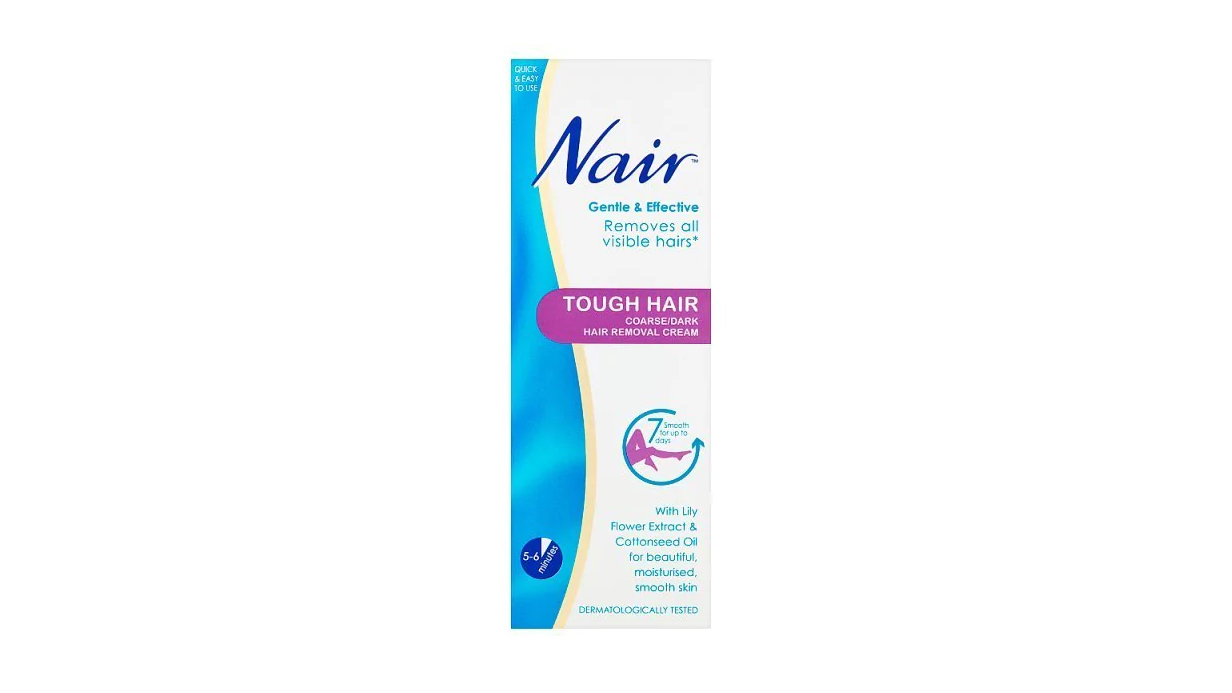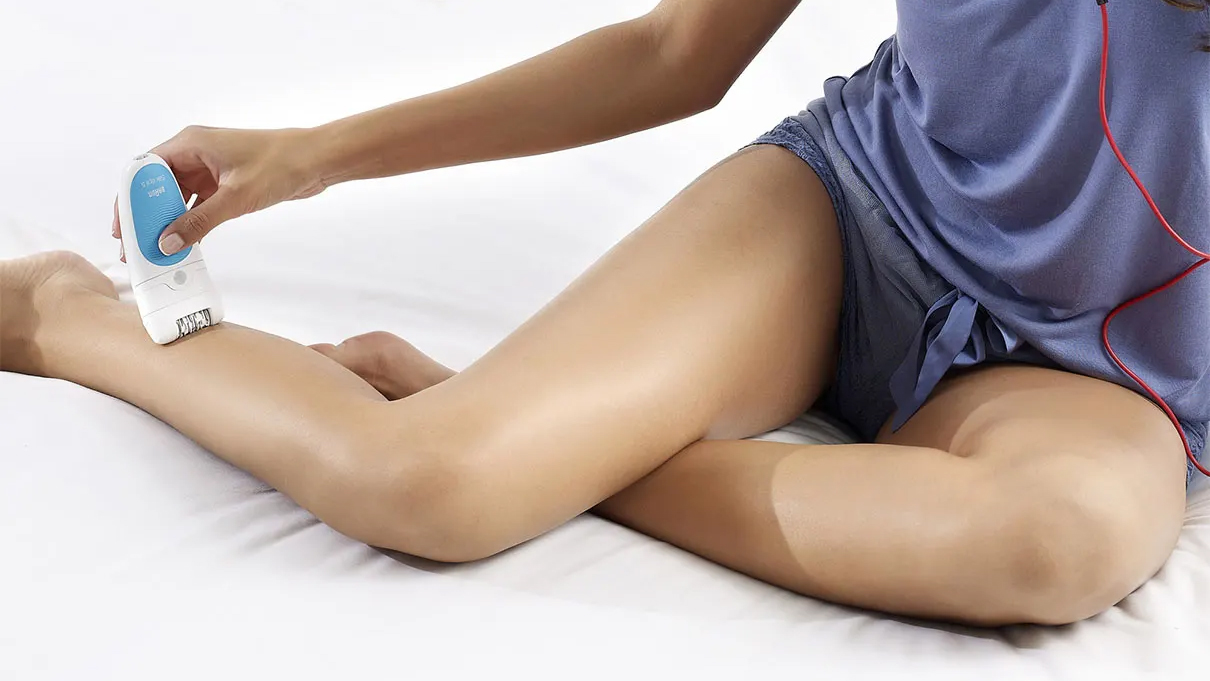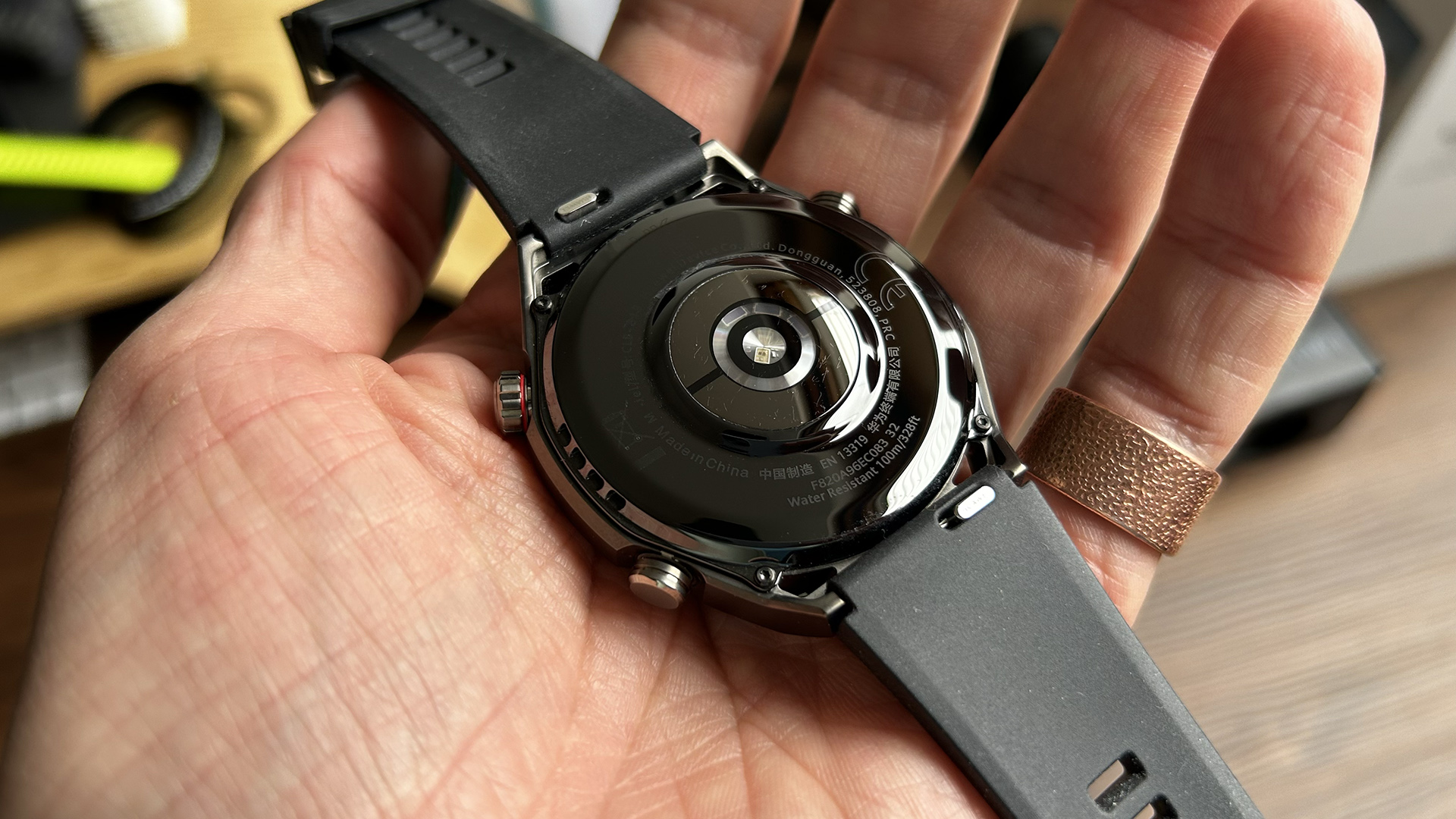

As the world has come to a standstill in the midst of the Coronavirus pandemic, many of us are missing our regular beauty salon trips and treatments. And if you’re not one to embrace going au naturel, then it may be time to start thinking about trying out some home treatments.
Hair removal is something that can feel like a never-ending chore, and it can often feel like you’ll never quite get the same salon precision finish, but if you have the right tools and products, then you may be able to achieve something very close to salon-quality.
We’re bringing to you the ultimate guide to hair removal at home, covering everything from the different methods, to the best products and techniques to leave you feeling silky smooth. When it comes to hair removal at home, you need to consider things such as your skin type, the sensitivity of the area where you want to remove hair, and the thickness/amount of hair that needs removing.
You also need to consider things such as budget, and your patience levels, because some hair removal procedures should not be rushed, and some may require a bit of practice before you get the results you desire. We know that not everyone has hours to sit around playing beauty therapist, so we’ve covered a range of quick fixes as well as more complex hair removal routines, along with an honest account of the expected results, so you can pick what’s best for you.
What methods of hair removal can I use at home?
You can pretty much try any method you’d get in a salon at home, but of course they will have their differences. Remember to read the ingredients in any products and check any safety guidelines before use. Different methods may work better for different skin types and areas so be sure to consider all the options before making your choice.

1. Waxing
Best for: Anywhere (if you’re brave enough)
Waxing is one of the most common methods of hair removal and it’s a bit like marmite- you either love it or you hate it. While there are definitely differences to trying it at home and having it done in the salon, if instructions are followed correctly, you can save yourself a lot of money in the long run.
Sign up to the T3 newsletter for smarter living straight to your inbox
Get all the latest news, reviews, deals and buying guides on gorgeous tech, home and active products from the T3 experts
The pros and cons of waxing
You can wax pretty much anywhere on your body and this method is commonly used for legs, bikini area and underarms. It’s known for leaving your skin super smooth and one of the main benefits is that it generally lasts longer than most other methods. Sounds great right? Well, it may be a quick hair removal method that lasts but it certainly doesn’t come without some sacrifices. You do have to let your hair grow out to at least 1.5-2cm in order for waxing to work, so if you’re not comfortable with that then you may want to try a more frequent method like shaving. If you’re squeamish, then waxing may not be the one for you, as it can be one of the more painful methods of hair removal. You’ll be pleased to know this is said to ease off the more you do it though.
Things to remember when waxing:
- Ensure skin is free from products or moisturisers before waxing
- Pull the skin taught when pulling off the strip
- Always pull the strip away in the direction the hair grows
- Don’t wax the same area twice as skin will be sensitive
- Applying pressure with your palm can relieve the sting after removing a strip
- Avoid products on area for 24 hours after waxing
What type of wax should I buy?
There are plenty of home waxing kits on the market. If it’s your first time then trying ready-made strips for smaller areas is a good place to start, but if you want to tackle a larger area then you may get more for you money if you buy a pot of wax and strips to go with it.

2. Shaving
Best for: legs, underarms
Shaving is one of the easiest methods of hair removal at home, and provide a quick fix when you need to de-fuzz. It’s also the cheapest method and easy to get hold of the products needed.
The pros and cons of shaving
Shaving is popular as a quick-fix method that will leave you instantly feeling sexy and smooth – if done with care. While it may seem easy enough to shave, one wrong move and he slightest little nick can leave the scene looking like a blood bath, but as long as you pick the right razors, and ensure you always use a sharp blade, this is fairly easy to avoid.
Razors are cheap to buy and while disposable ones may not be the most environmentally friendly, you can always invest in a metal razor with changeable blades, which can also save you money in the long run. If you’re a little scared of waxing or epilating, then shaving is a good first step when you’re trying out hair removal at home. The only downside is shaving doesn’t tend to last long, so you will have to keep it up every few days if you don’t like re-growth.
Things to remember when shaving
- Always shave in a hot bath or shower to open the pores and soften the skin
- Be sure to pick shaving foam/gel based on your skin type
- Replace blades regularly as blunt blades can cause cuts
- Moisturise once legs are dry- avoid fragrances as this could cause irritation
What razors should I buy?
There are different types of razors available but generally those with multiple blades are more effective in achieving a closer shave. You can also get razors with moisturising or shower activated blades that will hydrate and foam up on the skin as you shave. If you want to be kinder to the environment then investing in a metal razor with replaceable blades is the best option, which can also save you money – you can even get these on subscription so you’ll never be left short.

3. Hair removal cream
Best for: Legs
Many people are sceptical about hair removal creams but this is a great solution for those who don’t like any of the more painful methods.
Pros and cons of creams
While creams are favoured as a painless hair removal method, it’s not the quickest, so you’ll need to set aside some time for this one. Creams are ideal for the legs as it’s easy to apply and you can rub it on and leave it to work it’s magic, then simply wash it off. It’s best to avoid sensitive areas such as the bikini line or face as these creams can have some harsh chemicals in them. Timing is very important because leaving a hair removal cream on too long could cause irritation.
Things to remember when applying hair removal cream
- Always do a patch test to ensure you don’t have a reaction
- Make sure you don’t leave it on too long to avoid irritation
- Apply an even layer across the skin
What hair removal cream should I buy?
All creams vary but ensure you check the ingredients and directions for use before purchasing. Opting for ones with naturally hydrating ingredients will be kinder to your skin and act as a 2 in 1 moisturiser. Creams or gels in a pump bottle make for easy, even application even in hard to each areas.

4. Epilating
Best for: Legs, arms, bikini line, underarms
Epilating is a lesser known hair removal method which people often think is expensive and painful, but is actually a really easy way to remove hair at home and see great results.
The pros and cons of epilating
Epilators work by plucking the hairs out from the root, meaning it can get to even the shortest hairs for a silky soft finish. This method is a little painful so is similar to waxing in that sense, but many swear by it’s long-lasting results. The more you use an epilator the more you’ll get used to the sensation, and you won’t have to do it as often as shaving.
Things to remember when epilating
- Pull the skin taught against the direction you’re epilating to reduce pain
- You may wish to shave a few days prior so hairs are shorter and easier to pluck
- Apply moisturiser after to soothe any redness or irritation
What epilator should I buy?
Epilators can cost anywhere between £30 and £300, so you should try out this method before investing in a decent model to ensure you’ll use it and get your monies worth. They come in different sizes for different areas of the body and some can be used in the shower and out.

5. Home laser hair removal / IPL
Best for: Anywhere on your body
Laser hair removal is the ultimate method to use if you don’t want your hair to ever grow back. Laser removal can reduce re-growth and is a much longer-lasting method, and yes, it can be done at home too!
The pros and cons to IPL
If you hate the maintenance of all other hair removal methods, then laser treatment is for you. It zaps the hair follicle, preventing re-growth but it may take a few sessions before you get your desired result. It also works better on certain hair and skin types (it’s not recommended for darker skin tones as it can cause pigmentation). So it may be worth trying this one out before investing in your own at-home kit.
Things to remember when using laser treatment
- Hair must be removed before zapping, but only by shaving as the root needs to be present for the treatment to work
- The skin may feel hot/irritated, but this can be soothed with ice
- Always do a patch test
- Stay out of the sun while immediately after laser treatment and always use SPF
What at-home IPL should I buy?
At-home IPL machines start at around £80 and can range up to £400-£500, so it is an investment whatever you buy. They look similar to epilators in that they are a handheld device, and many come with a carry case. Depending on where you want to use the laser will depend on the style and size you buy.
We recommend the Philips Lumea Prestige, check out the best prices below:
Sarah-Jane is an experienced writer who has created reviews and buying guides for a number of publications including TechRadar, T3.com, Real Homes and TheRadar. She's a pro at finding the best products on the market and presenting them for your viewing pleasure.
-
 Quietly, this Chinese brand built one of the most comprehensive health wearable systems in the world
Quietly, this Chinese brand built one of the most comprehensive health wearable systems in the worldWith the launch of the Distributed Super-Sensing Module, Huawei returns to the top of the wearable market in top form
By Matt Kollat
-
 6 offbeat products from premium outdoor and fitness labels you didn't know existed
6 offbeat products from premium outdoor and fitness labels you didn't know existedWho would have thought these products existed?
By Matt Kollat